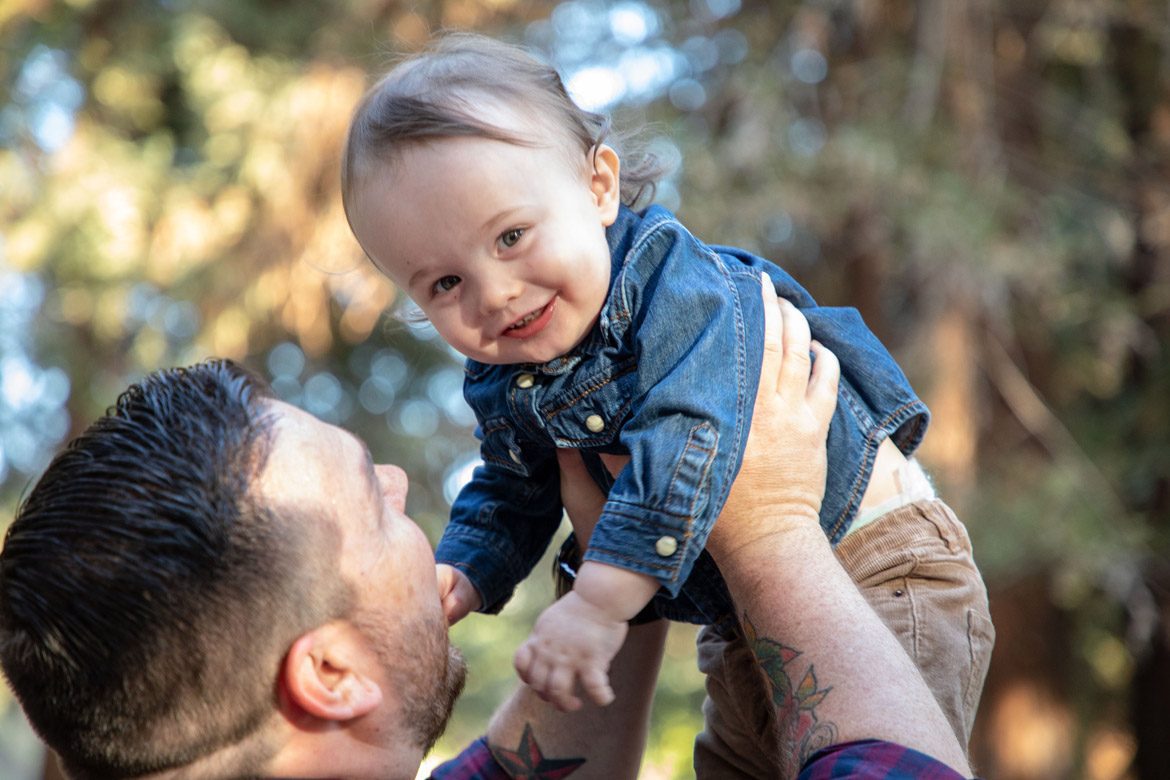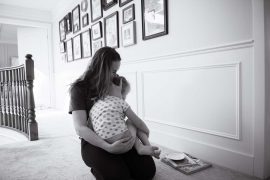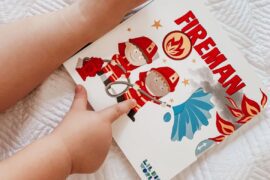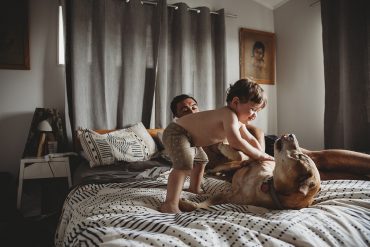By Sarah Ozanne
My little one shouts “I elephant!” as he presses a cardboard toilet roll onto his nose. Just moments before we were digging trenches in the dirt, pretending to be excavators and I know this afternoon we will enjoy another session of “Gruffalo Cave”, where he sneaks up on me while I “hide” in a little play tent and roars like a Gruffalo, *cue: mummy feigns a melodramatic scream.
OK so sometimes I do feel really ridiculous doing this (and I often wonder what the neighbours are thinking if they hear us). Unfortunately, I also used to feel like playing with my child was taking me away from other more important tasks – like answering emails, being at work or tidying up my house. Playtime felt really cumbersome for me and I longed to have some more time to myself and there are times when I still feel this way.
I think every parent feels this way at times, or a lot of the time, and that is completely OK. Unless you are Mary Poppins re-incarnated, pushing cars back and forth and roaring like a dinosaur isn’t always what rocks your boat, especially if you are tired or sleep-deprived (“just let mummy close her eyes for two minutes”) or have a long list of tasks beckoning you (“I really should be getting to that email”). You just don’t always have the energy to be creative and you don’t always feel inspired.
I know that a lot of this was because I did not know that it had a really important purpose. It’s hard to feel motivated to do something if we don’t really understand why we are doing it, even though I think my child is the most adorable thing ever and love him to bits and I did enjoy seeing him delight in the little games we play. That was until I picked up a book that my thoughtful and kind mother-in-law (thank you Judith) loaned me on infant development. She had worked as a specialist in infant psychology and development for over 20 years and I would often approach her with questions I had as a new parent. It was then I began further reading on the subject and have since never looked back.
The benefits of play, in particular imaginative and nature play, is profound and ranges from providing opportunities for children to identify with the adult world to encouraging abstract and creative thinking. I was initially skeptical, but I have witnessed first-hand my son form connections through imaginative play. For example, understanding that when something is hot we can”blow on it to cool it down” or when the wind blows the leaves on the trees move and make a “rustling sound”.
Suddenly, what I was doing took on a whole new meaning and purpose, and this was really motivating. It completely changed my attitude towards how I spent time with my son and how I viewed imaginary play. It has now become a really enjoyable and special bonding activity for both of us (and my husband gets in on the action too – it tends to be more “rough and tumble” as some dads are more inclined to do).
See next page for more…











